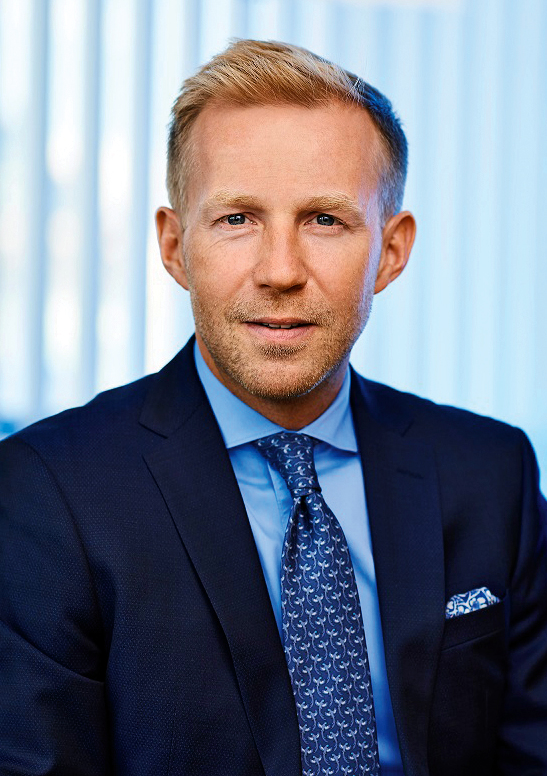Banking Sector Enjoys Remarkable Recovery
Market players’ fortunes have improved greatly in recent years as more transparency and stricter regulatory environment facilitate the industry’s contribution to innovation and sustainability.

Over the past decade, a bright new dawn has greeted the Icelandic banking sector following its impressive recovery from the dark days of the 2008 global financial crisis. Although unprecedented at the time, the government’s decision not to nationalize debt-laden banks and instead let them fail, meant the industry bounced back faster than it otherwise would have.
Now noted for its resilience and transparency, the banking and financial services sector is at the heart of the country’s fiscal resurgence and a key conduit for COVID-19 financial assistance packages provided by the government to scores of enterprises and individuals. “We have built a lot of buffers in our system. Our large currency reserves are probably 10 times higher than in the financial crisis. The same applies for the financial sectors, as we have built buffers that have made us stronger. We can give oxygen to the private sector,” states Bjarni Benediktsson.
With a commitment to the principles of responsible banking and sustainable finance, Arion Bank is at the forefront of Iceland’s banking sector thanks to innovative products and a focus on digitalization. Benedikt Gíslason, CEO of Arion Bank notes the country’s heavy-touch regulatory approach means Iceland has faced the pandemic downturn with a solid and strong banking system, one that has not incurred higher credit losses than banks elsewhere in Europe.

“The key to responsible banking is to have your operations responsibly run while being profitable,” he says. “Having your house in order comes first and that’s been a primary focus of ours over the last 12-18 months to improve our underlying operating performance. We have been privileged to have a diversified business model that includes an insurance business and the largest asset manager in Iceland for investment services. We also own the largest payment solutions firm in Iceland. In addition to our retail and corporate banking, we are strong in investment banking operation.”
As the leading specialized bank in Iceland and the country’s second largest asset management company and investment services provider, Kvika has gone from strength to strength over the past few years. Offering a selection of tailor-made services. Kvika’s size gives flexibility to utilize its infrastructure – it has offices in Iceland and the U.K. – balance sheet and relationships with other international financial services providers to deliver unique solutions. “Our asset management has over $4 billion in assets compared to a balance sheet of less than $1 billion a decade ago,” reveals CEO, Marinó Örn Tryggvason. “This demonstrates the asset management operation of the bank is larger than retail banking. We have a different business model than the big three banks here.
“The Icelandic pension system is the largest in the world per person and the system is increasing its allocation in foreign assets – around 50% of which are in the U.S. The financial part of the Icelandic economy is closely linked to the U.S. through pension funds’ investments in U.S. firms and investments in asset managers, plus U.S.-based asset management companies. Also, we are at a great place when it comes to digitalization. We launched our first FinTech offering in 2019 and aim to continue on this path with new offerings and solutions. There are many firms globally that have succeeded through this route.”
